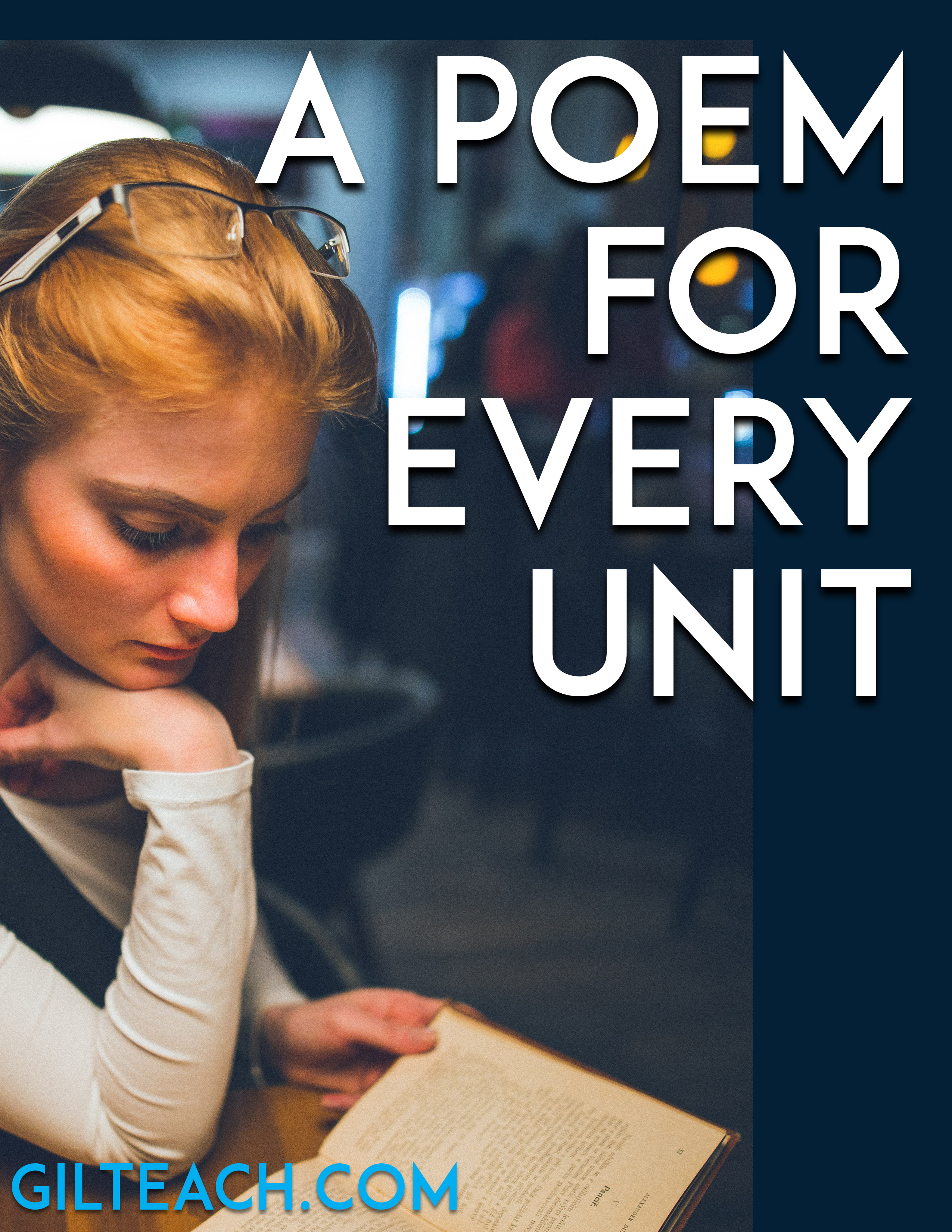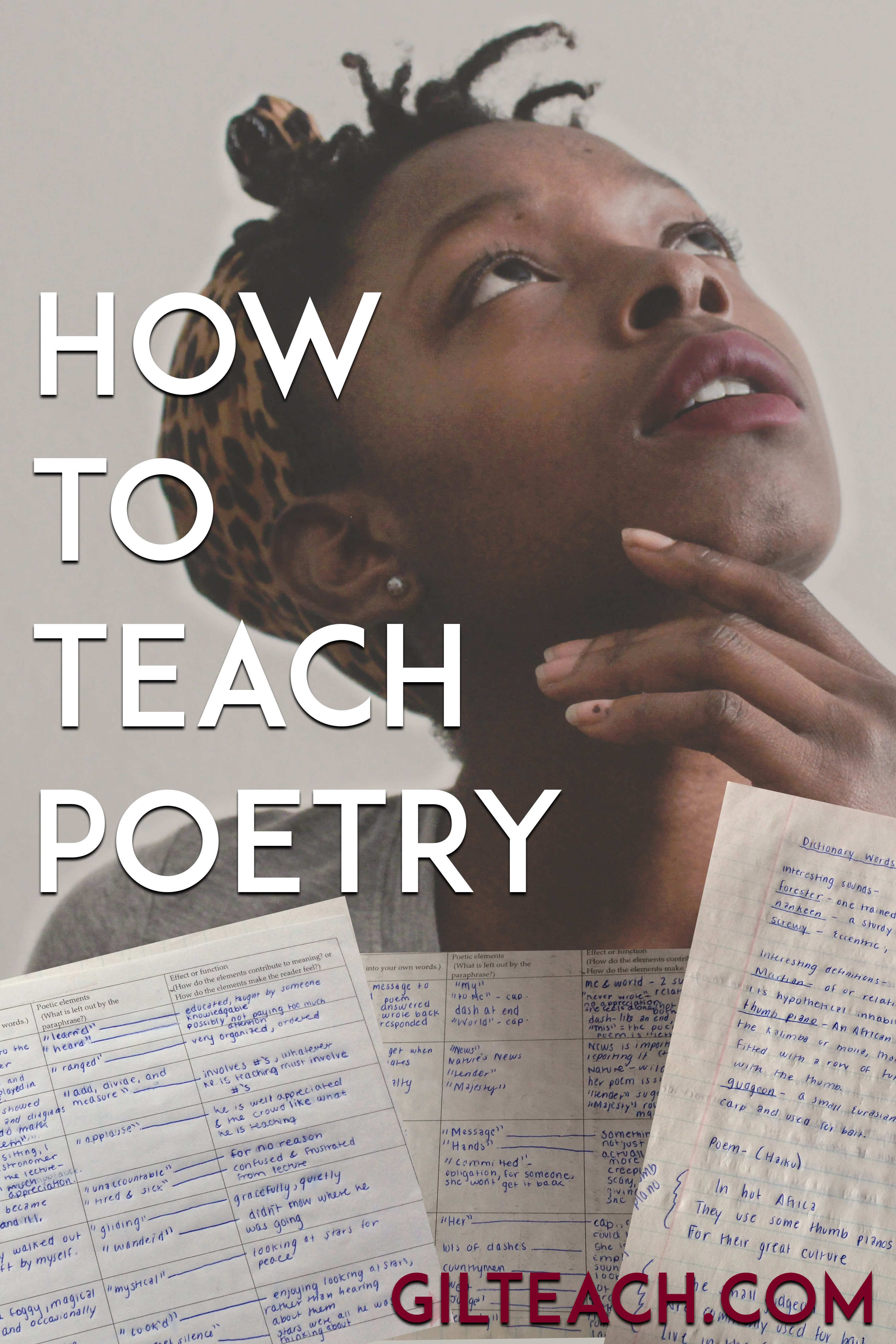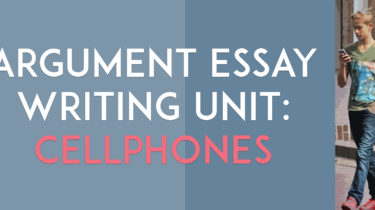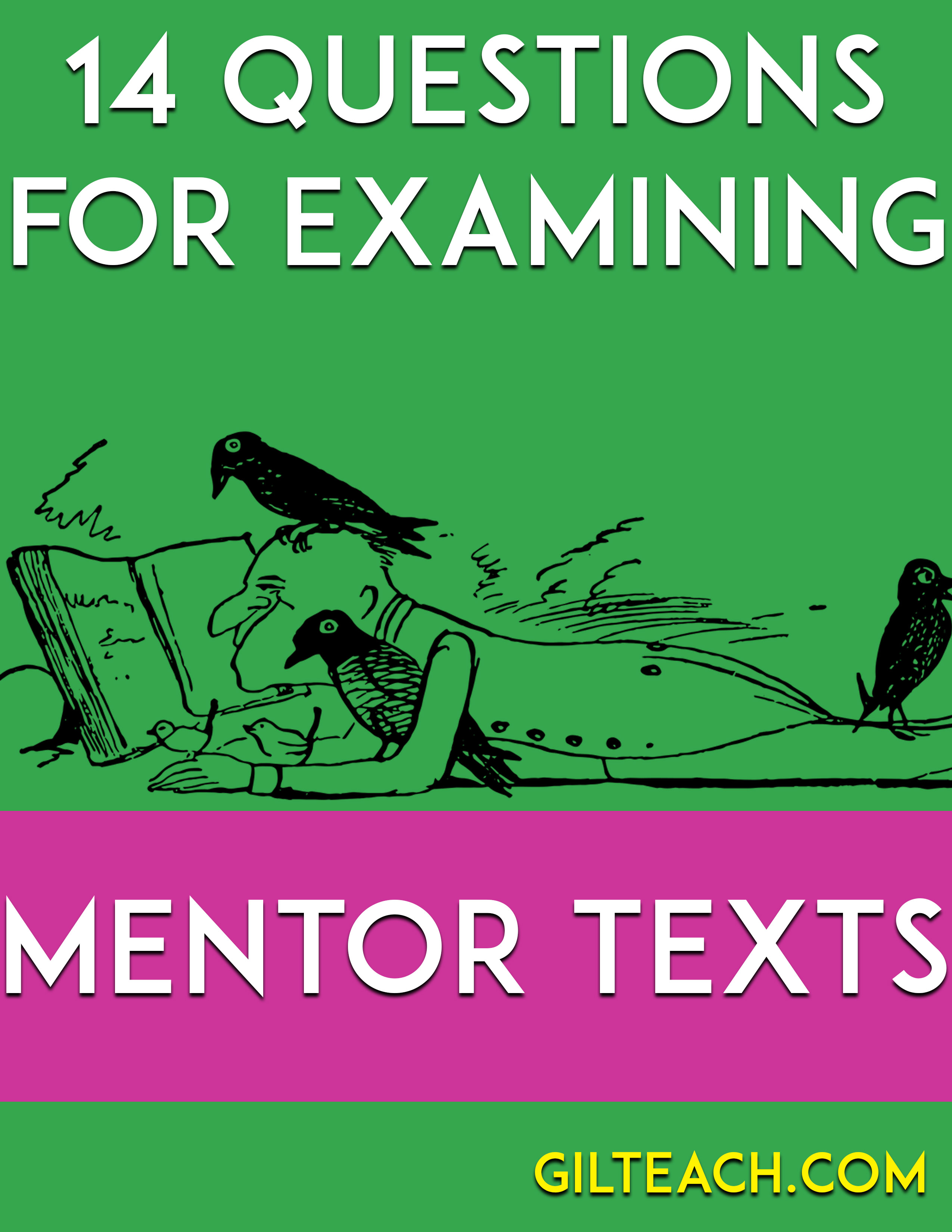How I Teach My End-of-the-Year Poetry Project
The last few days before summer vacation can be a slow painful countdown—or they can be an opportunity to try something new, get students working independently, and give teachers a break. It’s not that teachers are sick of their students (okay, maybe just a little bit) it’s that we’re all ready for something a little bit different. For me, that sometimes means finishing off the term with an engaging poetry unit. My End Of The Year Poetry Unit is
Read more








